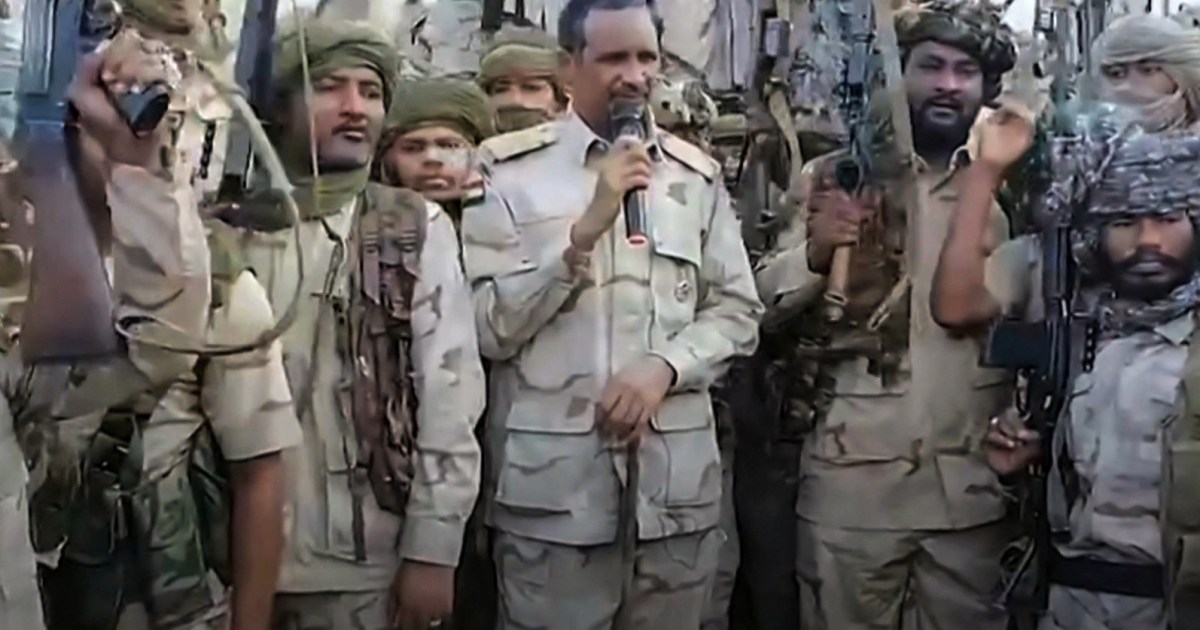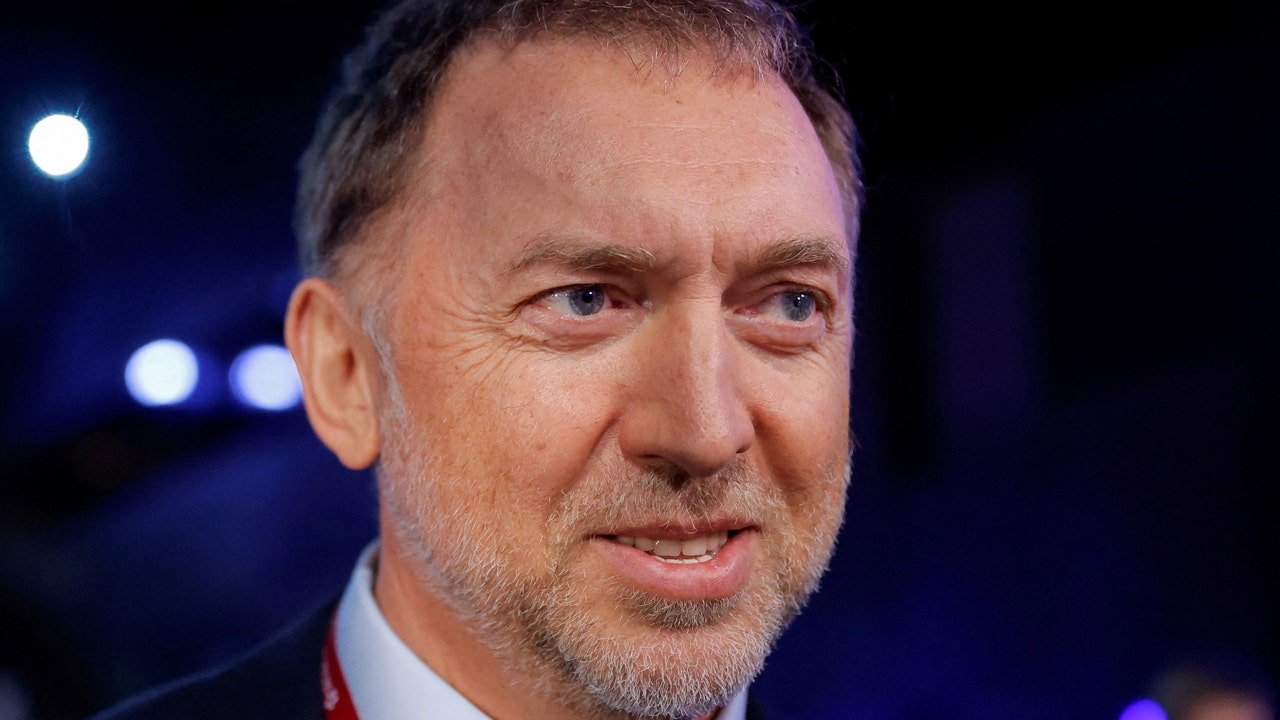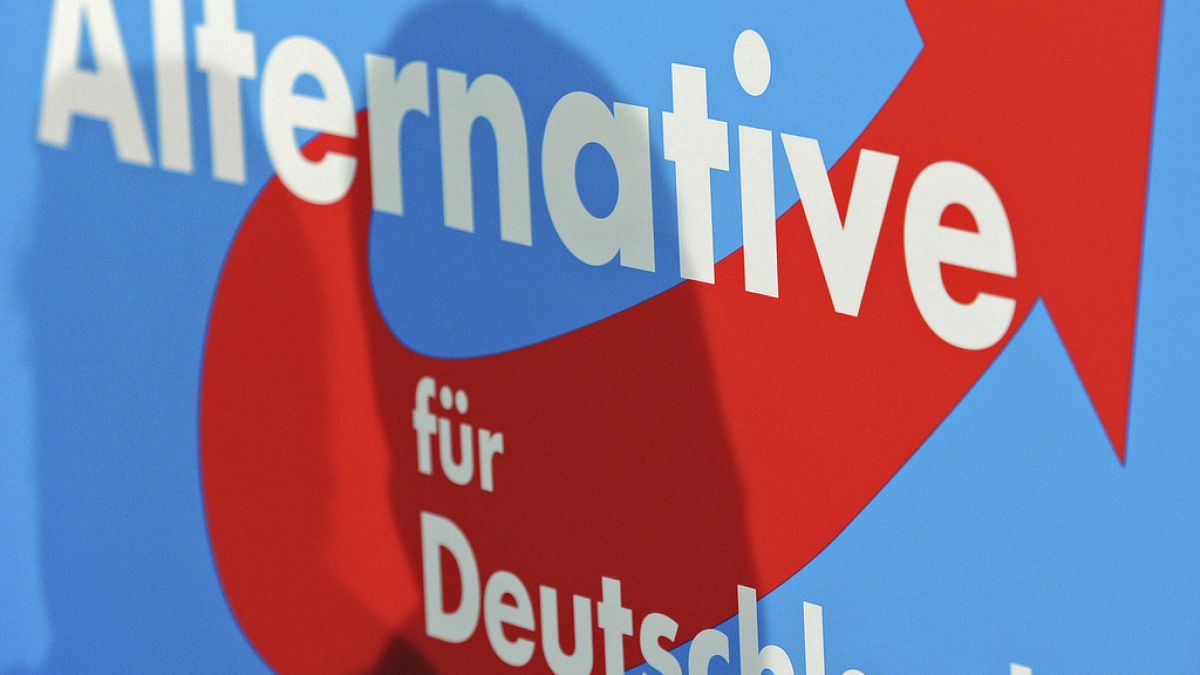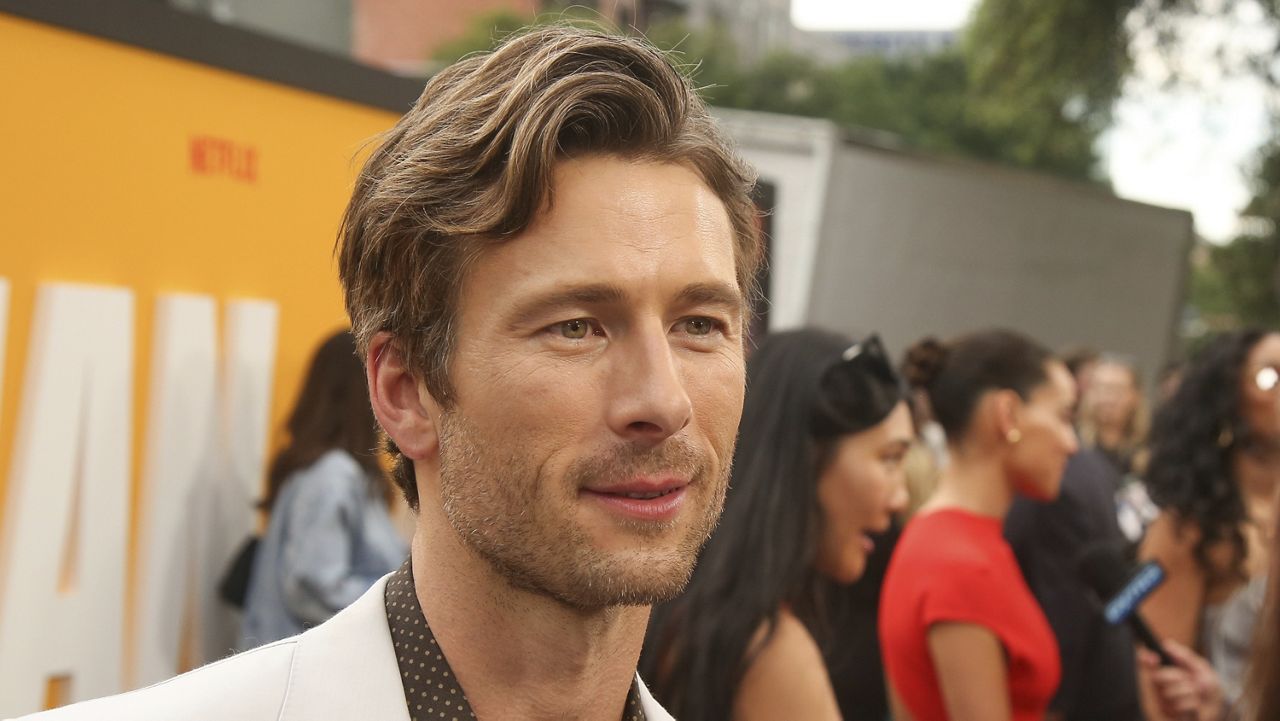World
Sudan’s RSF closes in on capturing all of Darfur

Sudan’s Rapid Support Forces (RSF) are about to take over Darfur entirely from the Sudanese army, experts and activists have told Al Jazeera.
They said that more mass atrocities could occur at the hands of the paramilitary force, which has been accused of war crimes and genocide, once it conquers the region – a province the size of France.
Last week, the RSF defeated the army in South, West and Central Darfur and is now preparing to take the north, where hundreds of thousands of internally displaced people have sought refuge.
Thousands of new IDPs have come to North Darfur since the RSF and army squared off in April, joining hundreds of thousands of people already displaced by Darfur’s 2003 civil war.
“People are leaving in anticipation of a big conflict. Some are fleeing to small towns that are unsafe. Others are going to the mountains or to Libya,” said Bashir Osman*, who spoke to Al Jazeera from North Darfur and who was recently displaced from South Darfur’s capital Nyala.
RSF rule could make life even harder for Darfur’s 11 million (PDF) residents, activists and experts said, referring to the group’s apparent inability or unwillingness to control their own forces, which have looted entire cities and towns since the war started.
They also cited the RSF’s long history of grave human rights abuses against non-Arab communities in Darfur, as well as perceived critics.
Lawlessness and Looting
Abdel Raheem Dagalo, the RSF’s second-in-command, urged inhabitants to return to their homes after his forces captured Nyala on October 26.
Dagalo, who has been sanctioned by the US for overseeing atrocities, and is the elder brother of the RSF chief Mohamed Hamdan Dagalo – widely known as Hemedti – also called on the police to protect civilian property and for tribal leaders to manage disputes in the city. In effect, the RSF had washed its hands of the responsibility to govern, said Suliman Baldo, the founder of the Transparency and Policy Tracker, a think tank.
“The RSF doesn’t have the capacity to manage population centres and to provide an alternative to government systems,” he told Al Jazeera. “They are not hiding it and this is why they are asking people to do things themselves. This will mean further tensions and a breakdown in law and order.”
Since defeating the army in South Darfur, two activists from the region said that RSF fighters have been accusing civilians of being members of an Islamic movement in Sudan that ruled for three decades behind former leader Omar al-Bashir.
They said the accusations appear to be a pretext to confiscate civilian assets and to harass perceived opponents, including human rights monitors.
“The RSF’s intention is to find a justification to steal everything people own such as their cars and belongings,” said Mohamad Nyala, a journalist from the region who spoke to Al Jazeera from Nairobi, Kenya.
Sexual violence
Across Darfur, women and girls are also at greater risk of sexual abuse from the RSF, activists said.
The UN Human Rights Office (OHCHR) found that at least 20 women and girls are being held across Darfur in ‘slave-like conditions’ by fighters in “RSF uniforms” or armed groups “affiliated to the RSF.”
The UN has also documented 50 cases of sexual violence including incidences of rape and gang rape.
Nehla Yousef, an activist from South Darfur, told Al Jazeera that incidents of rape and other forms of sexual violence are likely much higher than what the UN has reported. She blamed the RSF for targeting and threatening local activists, pressuring them to flee Darfur rather than stay to monitor violations.
“We are hearing less cases of sexual violence and rape because there is less ability for activists to move and monitor,” she said, from Kampala, Uganda, where she recently escaped to. “There are also no functioning police stations, hospitals or even internet connection that would allow us to listen to or learn of reported cases of rape [in South Darfur].”
Al Jazeera sent written questions to RSF spokesperson Yousif Ezat asking about the allegations of sexual violence against women and girls, but he had not responded by the time of publication.
Calls for protection
Total RSF rule could lead to more major atrocities against civilians, warned Mohamad Osman, the Sudan researcher for Human Rights Watch.
He told Al Jazeera that the UN Security Council has the power to authorise a peacekeeping mission to provide at least minimum protection for civilians, while also helping to monitor abuses and atrocities.
“The UNSC is the primary body responsible for [protection issues] but since the beginning of the conflict, we have not seen any indication that they are even bringing up the situation in Darfur,” he said.
The RSF is already implicated in aiding and abetting allied militias in the attempted ethnic cleansing of the non-Arab Masalit tribe from West Darfur and assassinating human rights monitors, lawyers and journalists.
Local monitors say that the RSF and its allied militias have carried out more mass killings since West Darfur fell entirely to the RSF on November 4.
Just two days later, the RSF reportedly killed Masalit tribal leader Mohamad Arbab and abducted six of his sons in Ardamata displacement camp, two sources monitoring the situation told Al Jazeera.
Local monitors said that up to 800 young men in the camp were then executed.
“There is a long list of violations that are ongoing in West Darfur,” said Bedour Zakaria, a human rights monitor from the region who now lives in Kampala. “[The RSF] are still hunting people down.”
Chaos and terror
On November 2, United States Secretary of State Antony Blinken called on the RSF to halt its advance on el-Fasher, the capital of North Darfur. He said the attack would subject civilians to “extreme danger.”
Residents in North Darfur told Al Jazeera that most people expect the battle to generate a major humanitarian disaster, with many predicting that the RSF will conquer the city within two or three weeks.
Baldo said that the army is simply outmanned and outgunned.
“The army has not won any battles in this war because they don’t have a strategy that is sustainable,” he said. “They just stay in their garrisons and in their positions until the RSF encircles them.”
Osman, the resident from North Darfur, added that most people would prefer to see the army defeat the RSF, but that he was not optimistic.
“Under the RSF, there is more chaos and more violations of human rights,” Osman said. “People here are scared that if the RSF wins in el-Fasher, then they’ll terrorise this place, just as they terrorised everywhere else in Darfur.”
*Osman’s name has been changed at his request for fear of potential retribution from the RSF or its allies.

World
The Dow just crossed 40,000 for the first time. The number is big but means little for your 401(k)
NEW YORK (AP) — The Dow Jones Industrial Average just topped 40,000 for the first time, the latest pop in what’s been a surprisingly good year for Wall Street.
But just like New Year’s represents an arbitrary point in time in the Earth’s revolution around the sun, such milestones for the Dow don’t mean that much inherently.
For one, with just 30 companies, the Dow represents a tiny slice of Corporate America. For another, almost no one’s 401(k) account sees its performance depend on the Dow, which has become more of a relic used for historical comparisons.
Here’s a look at what the Dow is, how it got here and how its use among investors is on the wane:
WHAT IS THE DOW?
It’s a measure of 30 established, well-known companies. These stocks are sometimes known as “blue chips,” which are supposed to be on the steadier and safer side of Wall Street.
WHAT’S IN THE DOW?
Not just industrial companies like Caterpillar and Honeywell, despite the name.
The roster has changed many times since the Dow began in 1896 as the U.S. economy has transformed. Out, for example, was Standard Rope & Twine, and in recently have been big technology companies.
Apple, Intel and Microsoft are some of the newer-economy names currently in the Dow. The financial industry also has a healthy representation with American Express, Goldman Sachs, JPMorgan Chase and Travelers. So does health care with Amgen, Johnson & Johnson, Merck and UnitedHealth Group.
WHAT’S ALL THE HUBBUB NOW?
The Dow just crossed its latest 10,000 point threshold to top 40,000 briefly in midday trading on Thursday. It took about three and a half years to make the leap from 30,000 points, which it first crossed in November 2020.
It’s kept chugging mostly higher despite the worst inflation in decades, painfully high interest rates meant to get inflation under control and worries that high rates would make a recession inevitable for the U.S. economy.
Companies are now in the midst of reporting their best profit growth in nearly two years, and the economy has managed to avoid a recession, at least so far.
IS THE DOW THE MAIN MEASURE OF WALL STREET?
No. The Dow represents only a narrow slice of the economy. Professional investors tend to look at broader measures of the market, such as the S&P 500 index, which has nearly 17 times the number of companies within it.
More than $11.2 trillion in investments were benchmarked to the S&P 500 at the end of 2019, according to estimates from S&P Dow Jones Indices. That’s 350 times more than the $32 billion benchmarked to the Dow Jones Industrial Average.
Investors’ 401(k) accounts are much more likely to include an S&P 500 index fund than anything tied to the Dow. The S&P 500 crossed above its own milestone Wednesday, topping 5,300 points for the first time.
That’s what more investors care about. Well, 100-point milestones matter for the S&P 500 as little as others, but the fact that the S&P 500 is higher than ever matters a lot.
HOW DIFFERENT ARE THE DOW AND THE S&P 500?
Their performances have historically tracked relatively closely with each other, but the S&P 500 has been better recently. Its 29.3% rise for the last 12 months easily tops the 21.1% gain for the Dow.
That’s in part because the S&P 500 has more of an emphasis on Big Tech stocks, which were responsible for most of the S&P 500’s gains last year. Hopes for an easing of interest rates by the Federal Reserve and a frenzy around artificial-intelligence technology have pushed them to dizzying heights.
The Dow reflects none of the movements of such marquee stocks as Alphabet, Meta Platforms or Nvidia.
IS THAT IT?
No, the Dow and S&P 500 also take different approaches to measuring how an index should move.
The Dow gives more weight to stocks with higher price tags. That means stocks that add or subtract more dollars to their stock price push and pull it the most, such as UnitedHealth Group and its $523 stock price. A 1% move for that stock, which is about $5, packs a radically harder punch than a 1% move for Walmart, which is about 63 cents
The S&P 500, meanwhile, gives more weight to stocks depending on their overall size. That means a 1% move for Walmart carries more weight than a 1% move for UnitedHealth Group because Walmart is a slightly bigger company by total market value.
SO WHY CARE ABOUT THE DOW?
Because it’s so old, it has a longer track record than other measures of the market.
For a while, a triple-digit move for the Dow also offered an easy shorthand way to show the stock market was having a big day. Now, though, it means much less. A 100 point swing for the Dow means a move of less than 0.3%.
World
Russian metals tycoon says US Treasury sanctions against him are 'balderdash'

Russian tycoon Oleg Deripaska dismissed the latest U.S. sanctions on a series of companies that the U.S. Treasury said were connected to a scheme to evade sanctions and unlock frozen shares as nonsense.
“This balderdash isn’t worth the time,” Deripaska said by message via a spokesperson in response to a Reuters request for comment about the latest U.S. sanctions.
“While the horrific war in Europe claims hundreds of thousands of lives every year, politicians continue to engage in their dirty games. I strongly believe that we need to do everything we can to establish peace, not serve the interests of warmongers,” he said.
NEW US SANCTIONS AGAINST RUSSIA TARGET WEAPONS DEVELOPMENT, BAN URANIUM IMPORTS FOR NUCLEAR POWER
The U.S. Treasury on Tuesday announced it had sanctioned a web of Russian companies it said were being used to disguise ownership of a $1.6 billion industrial stake controlled by Deripaska.
Russian billionaire Oleg Deripaska is seen at the St. Petersburg International Economic Forum in Saint Petersburg, Russia, on June 17, 2022. (Reuters/Maxim Shemetov/File Photo)
Austria’s Raiffeisen Bank International was planning to buy the stake and dropped the transaction following mounting U.S. pressure to abort the bid.
In its sanctions announcement, the U.S. Treasury alleged it was an “attempted sanctions evasion scheme” to unfreeze a stake using “an opaque and complex supposed divestment.”
Since Russia’s invasion of Ukraine, Deripaska has been sanctioned by Britain for his alleged ties to Putin. He has mounted a legal challenge against the sanctions which he says are based on false information and ride roughshod over the basic principles of law and justice.
Deripaska, who made his fortune by buying up stakes in aluminum factories, has also been subjected to sanctions by the United States, which in 2018 took measures against him and other influential Russians.
Those sanctions were “groundless, ridiculous and absurd”, Deripaska has previously said.
World
German police investigate AfD member Petr Bystron for money-laundering

The Munich public prosecutor’s office is conducting an investigation into Petr Bystron, a prominent figure on the German far-right party’s list for the European elections.
Petr Bysrton is under investigation for money-laundering activities, according to the Munich public prosecutor’s office.
Bystron is facing allegations that he received up to €20,000 from individuals linked to Russian President Vladimir Putin to spread Kremlin propaganda.
He is the second candidate on the AfD’s election list for theEuropean elections.
The prosecutor’s office said searches are being carried out in Berlin, Bavaria and on the Spanish island of Mayorque in pursuit of evidence.
The German parliament voted to lift Bystron’s parliamentary immunity, enabling the police to conduct their searches.
11 public prosecutors and nearly 60 Bavarian police officers have been mobilised, the Munich public prosecutor’s office said.
In response, the chairmen of the AfD parliamentary group in the German Bundestag, Alice Weidel and Tino Chrupalla, issued a statement saying: “The AfD parliamentary group therefore hopes that the investigation will be completed quickly so that there is no suspicion that authorities and public prosecutors are trying to influence the European election campaign.”
The accusations mark a fresh blow against the AfD party, which is currently under scrutiny over allegations that it has links to China and Russia.
Fellow AfD member Maximilian Krah’s assistant is under investigation for allegedly spying for China.
Krah himself is under initial investigation by prosecutors in Dresden over allegations of accepting payments from Russia and China during his time as an MEP.
-

 News1 week ago
News1 week agoMan, 75, confesses to killing wife in hospital because he couldn’t afford her care, court documents say
-

 Politics1 week ago
Politics1 week agoRFK Jr said a worm ate part of his brain and died in his head
-

 World1 week ago
World1 week agoPentagon chief confirms US pause on weapons shipment to Israel
-

 World1 week ago
World1 week agoConvicted MEP's expense claims must be published: EU court
-

 Politics1 week ago
Politics1 week agoBiden takes role as bystander on border and campus protests, surrenders the bully pulpit
-

 Politics1 week ago
Politics1 week ago'You need to stop': Gov. Noem lashes out during heated interview over book anecdote about killing dog
-

 Politics1 week ago
Politics1 week agoHere's what GOP rebels want from Johnson amid threats to oust him from speakership
-

 World1 week ago
World1 week agoPro-Palestine protests: How some universities reached deals with students



















